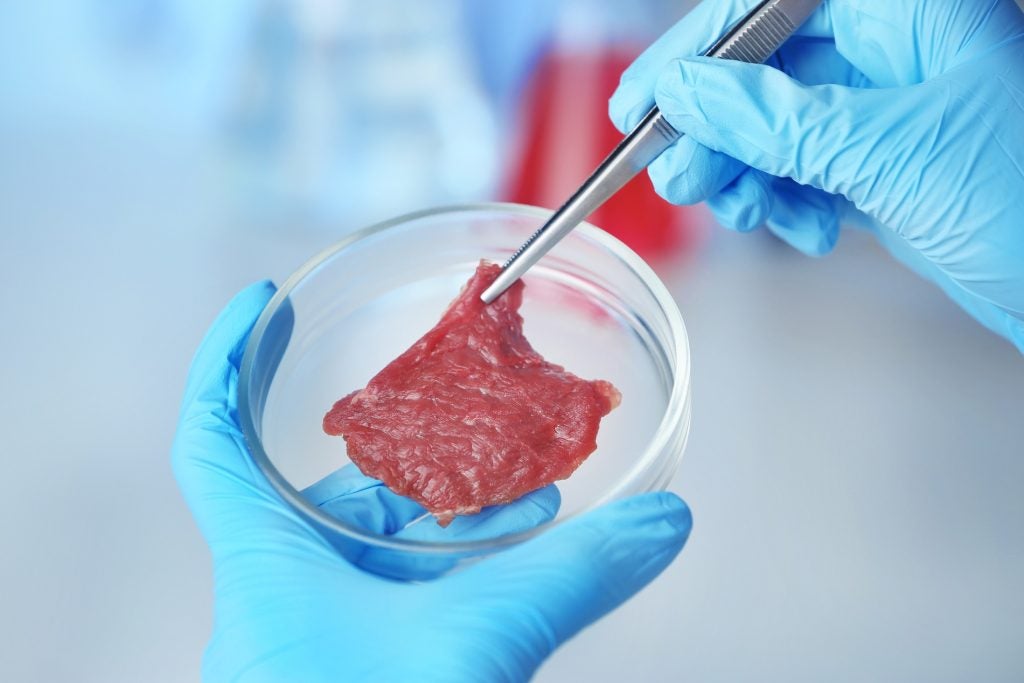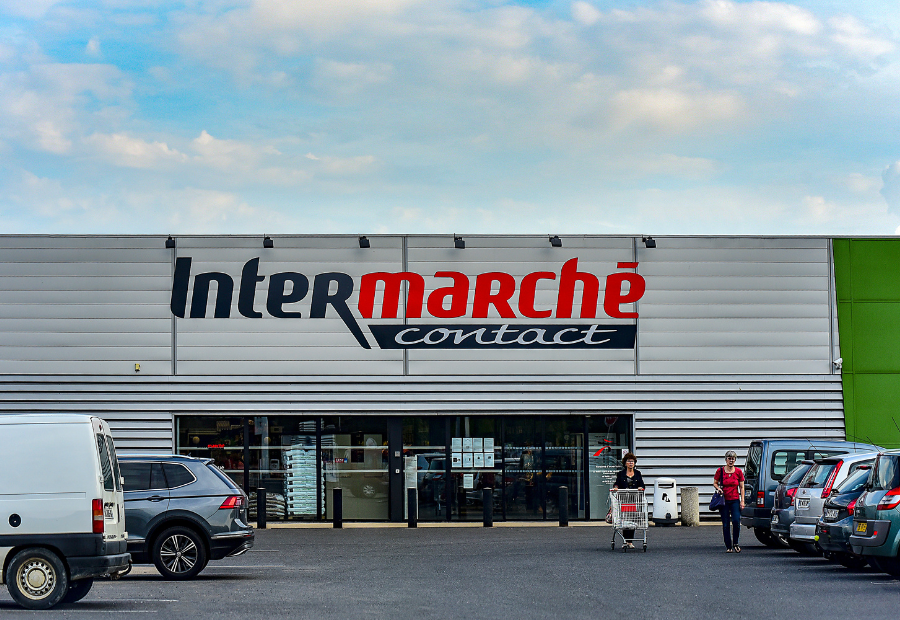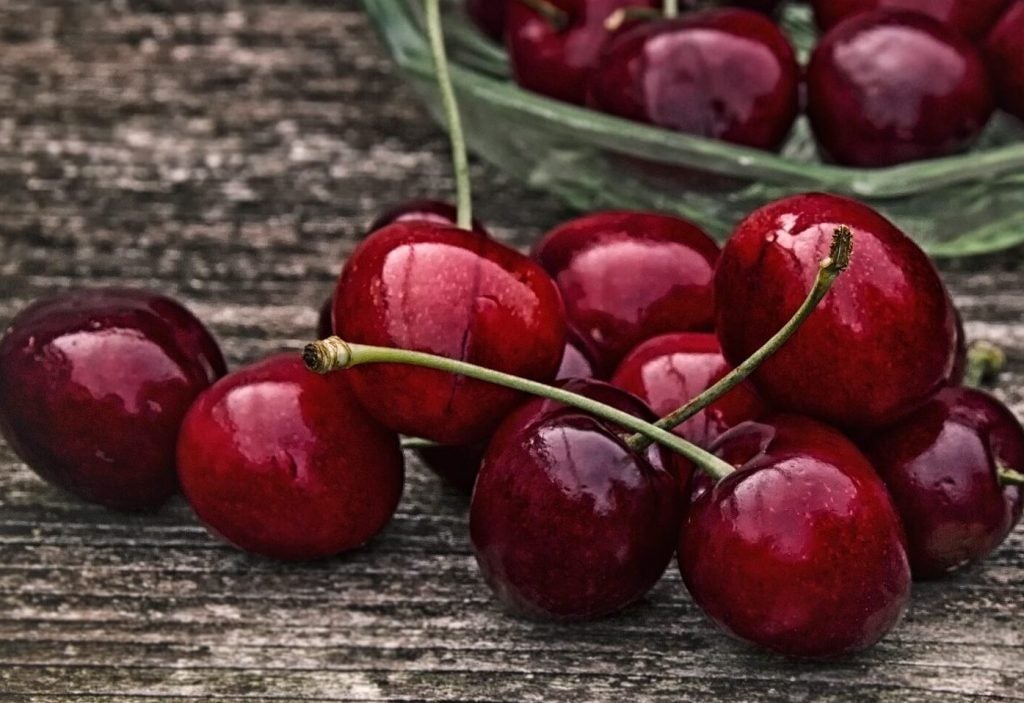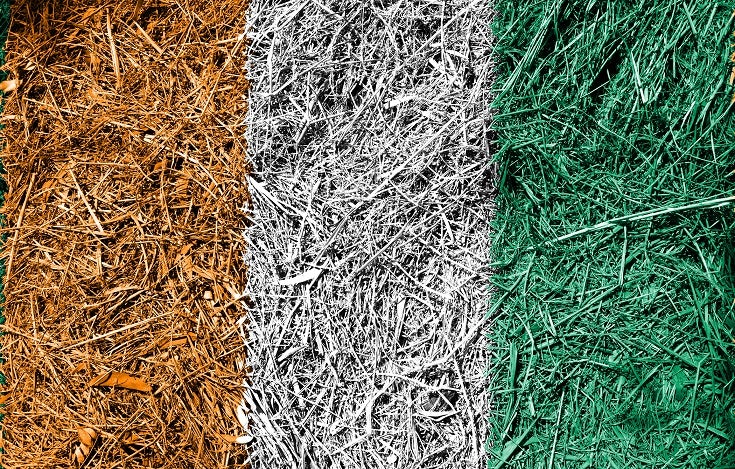Austrian, French and Italian delegations are to oppose cultivated-meat production at the upcoming meeting of EU agriculture ministers taking place next week.
In a letter to the Council of Ministers, the countries described the industry as "a threat to primary farm-based approaches".
They also said it endangered "genuine food production methods that are the very heart of the European farming model”.
“We recall that the EU has never delivered any authorisation on animal products based on cell cultivation techniques so far,” the delegations added.
“Hence, a transparent, science-based and comprehensive approach is necessary to assess the development of artificial cell-based meat production, which in our view does not constitute a sustainable alternative to primary farm-based production.”
The delegations of Czechia, Cyprus, Hungary, Luxembourg, Lithuania, Malta, Romania and Slovakia have supported the argument.
The note also argues cultivated food production “raises many questions that have to be thoroughly discussed between the member states, the Commission, stakeholders and the general public”, before it can be considered a viable method for producing food.
Some of the questions proposed include how to guarantee the safety of lab-grown meat and how to “prevent the creation of monopolies or oligopolies on the food market”.
The document also raises concerns over the “real carbon footprint” of cultivated, and whether the process offers better animal welfare standards.
In a statement sent to Just Food, Alex Holst, senior policy manager from the alternative proteins non-profit, the Good Food Institute Europe, said: “This non-binding statement spreads misinformation about cultivated meat and undermines Europe’s world-leading regulatory system.
“The EU’s Horizon programme and countries like Germany, Spain and the Netherlands have already invested in cultivated meat, recognising its potential to improve food security, reduce emissions, and satisfy growing demand for meat.
“Overhauling the gold standard Novel Foods regulatory process now is completely unnecessary, and risks preventing the EU from taking a leading role in this sector – just as the United States and China invest in cultivated meat to boost their economies and create future-proof jobs.”
In an interview with European news site Euractiv, a diplomat described the action as “highly exaggerated and premature”.
“It’s a sector that does not yet exist, at this point it’s about innovation in a lab. Suppressing this now only hinders the kind of innovation that is precisely necessary for sustainability,” they said.
The note marks a new push against cultivated meat from Italy. The country had its ban the manufacture, sale and import of the product approved by lawmakers last November.
While the bill has been accepted by the national Chamber of Deputies, it still requires the final blessing from the EU.
Singapore, the US and Israel are the only countries worldwide to have approved the production of cultivated meat so far.
Israel joined this list earlier this week after giving the green light to Aleph Farms for its cultivated beef product, Petit Steak.
In 2020, Eat Just’s subsidiary Good Meat received regulatory approval for its cultivated chicken in Singapore.
Eat Just and another US group, Upside Foods, gained approval to produce and market their cultivated chicken in the US market last year.
















